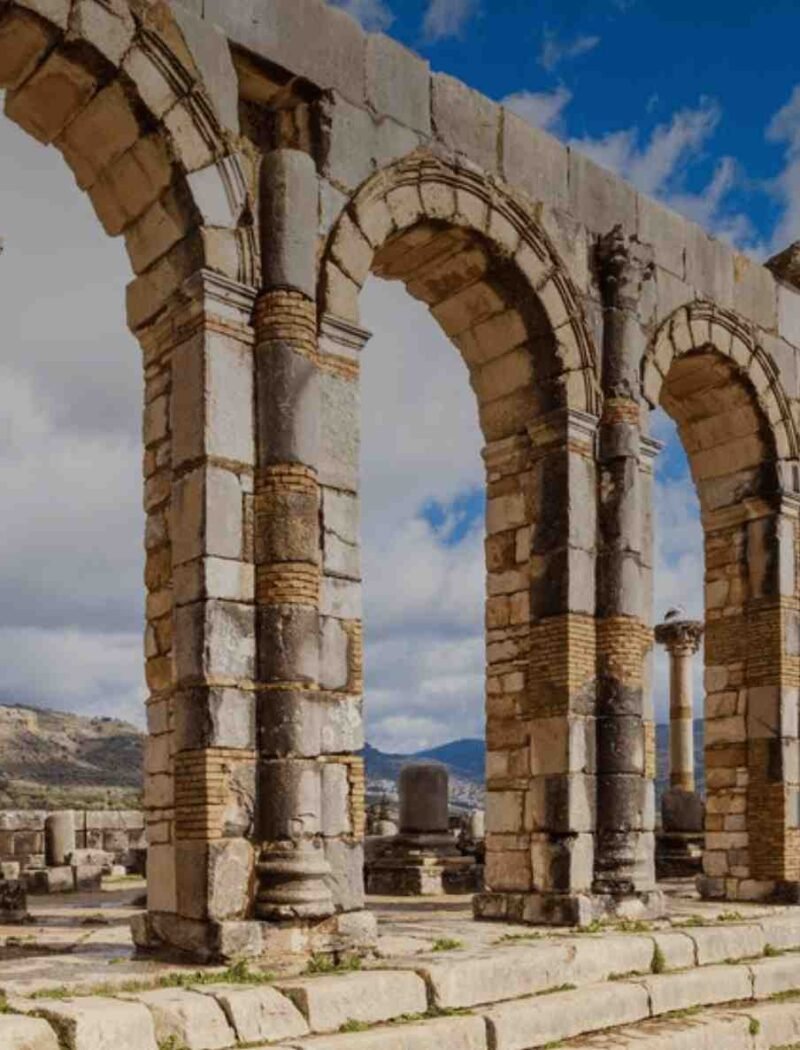
Contact us
Contact
Would you be interested in collaborating with us?
contact@yallahmorocco.org
Hiring
Would you like to join our growing team?
hello@yallahmorocco.org
Don't miss the latest news and updates.
Contact us
Contact
Would you be interested in collaborating with us?
contact@yallahmorocco.org
Hiring
Would you like to join our growing team?
hello@yallahmorocco.org
Don't miss the latest news and updates.
Type and hit enter
Whatever you want, our experts can make it happen.
Positioned at the crossroads of Africa and Europe, Morocco is a country where ancient traditions meet modern vibrancy. Strategically located in the northwest corner of Africa, Morocco is bordered by the Atlantic Ocean and the Mediterranean Sea, offering stunning coastal landscapes that stretch for over 2,900 kilometers.
The country shares land borders with Algeria to the east and Mauritania to the south and is just a short distance from Spain across the Strait of Gibraltar, making it a true bridge between continents.
Plan your trip



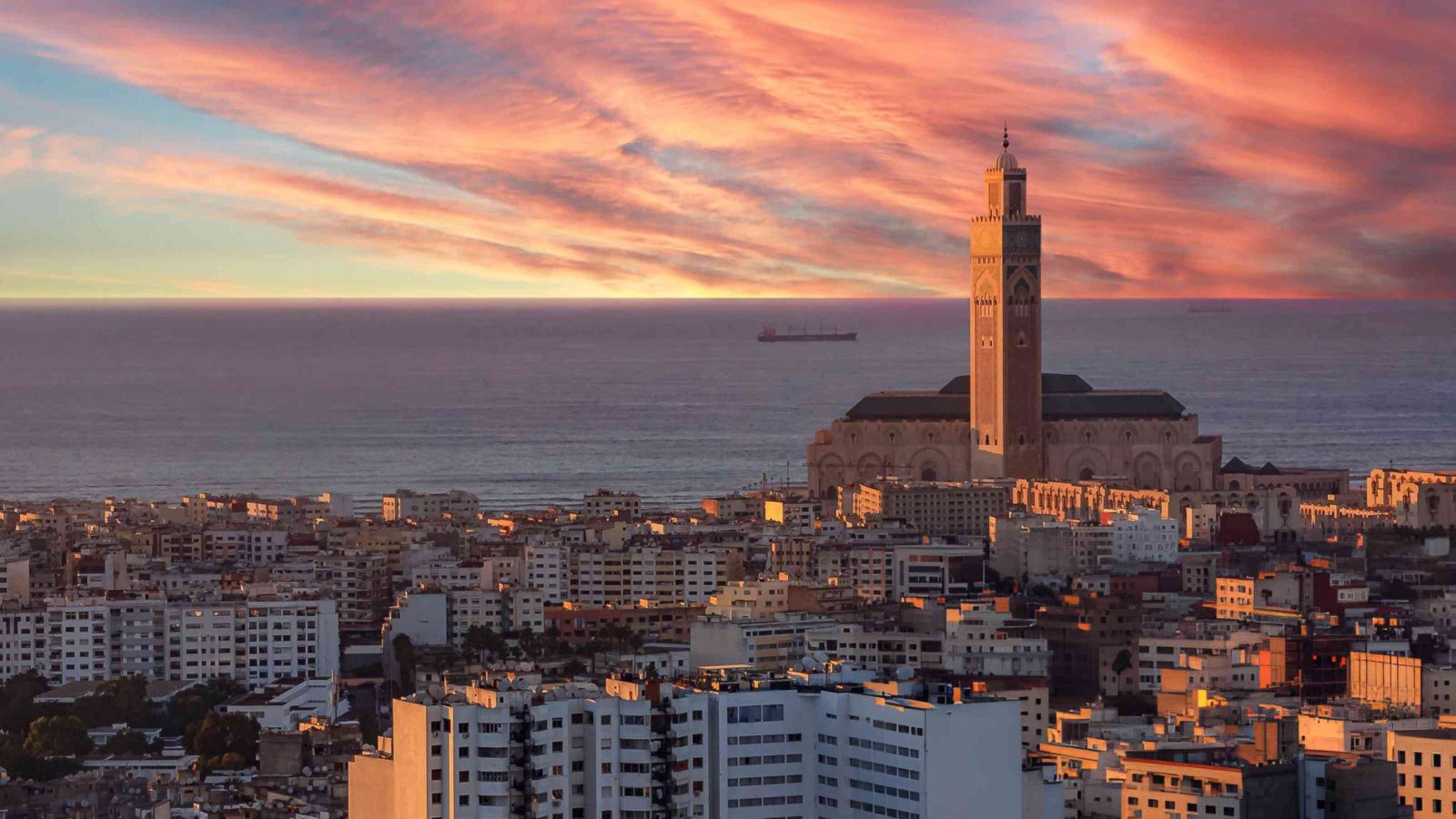
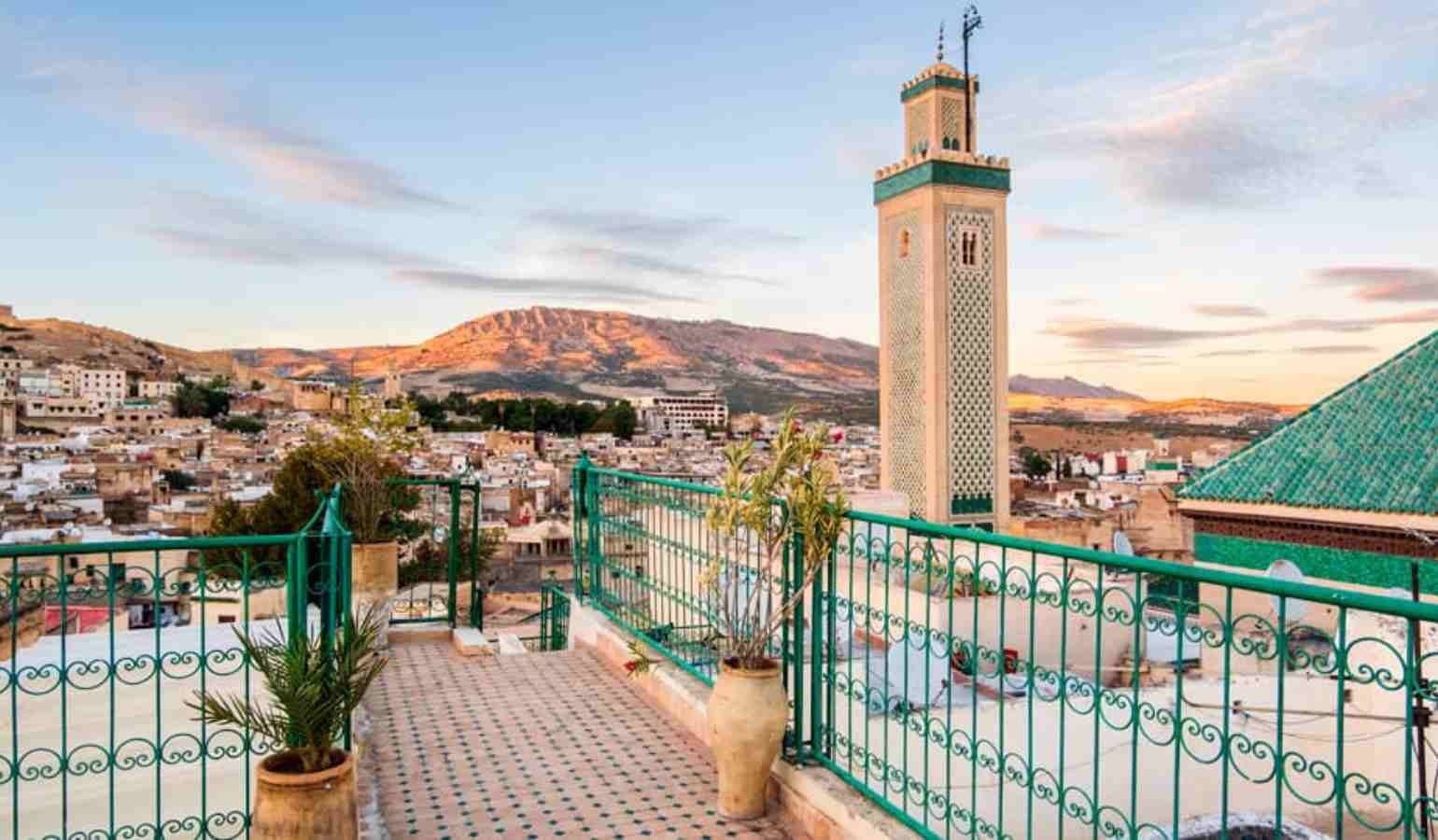
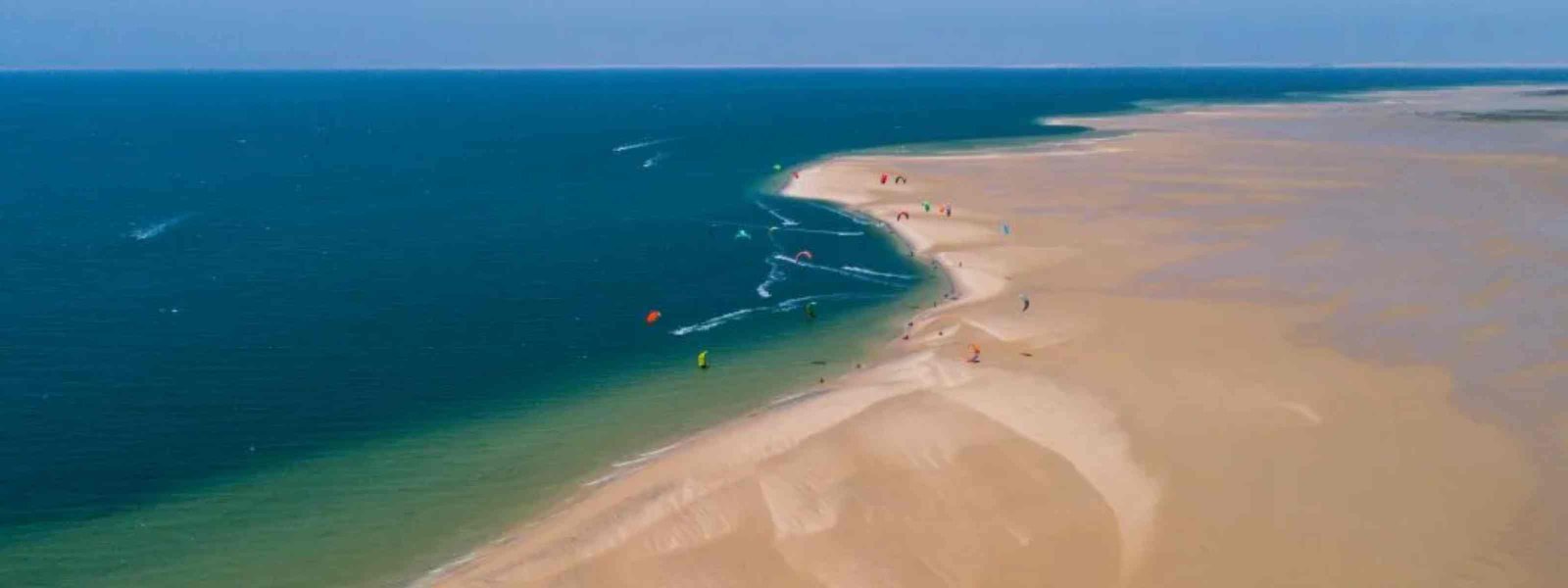
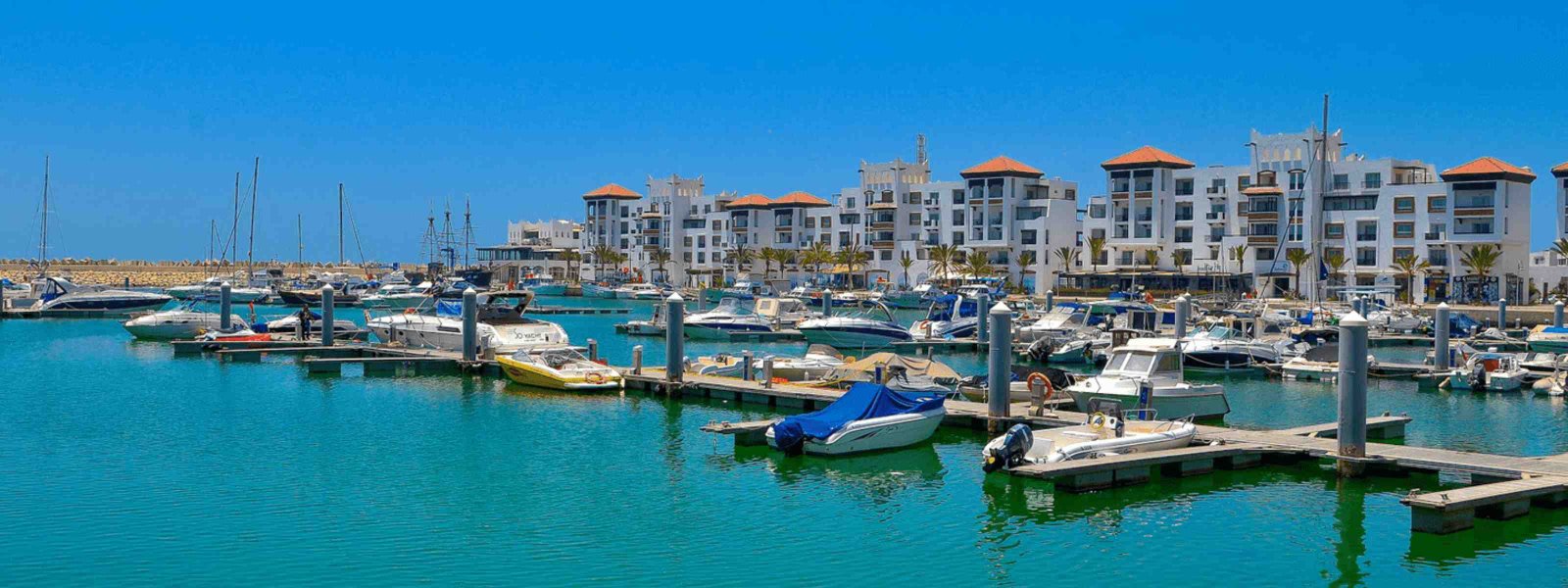
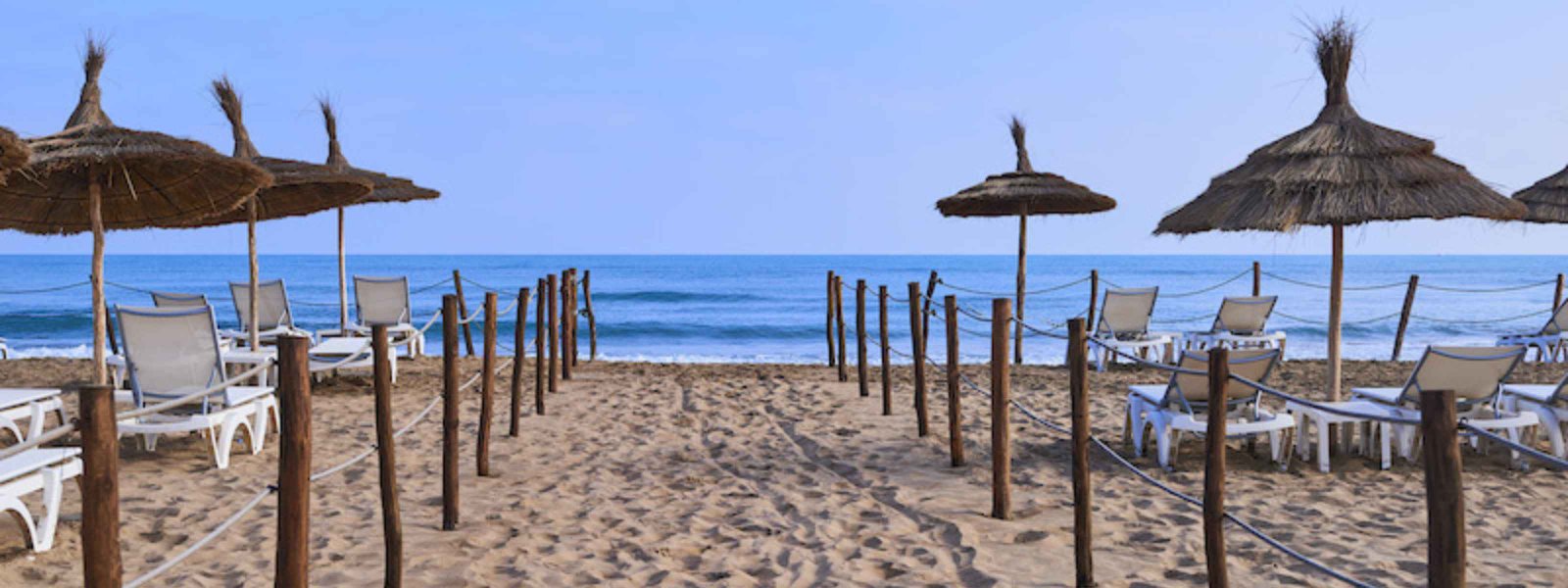
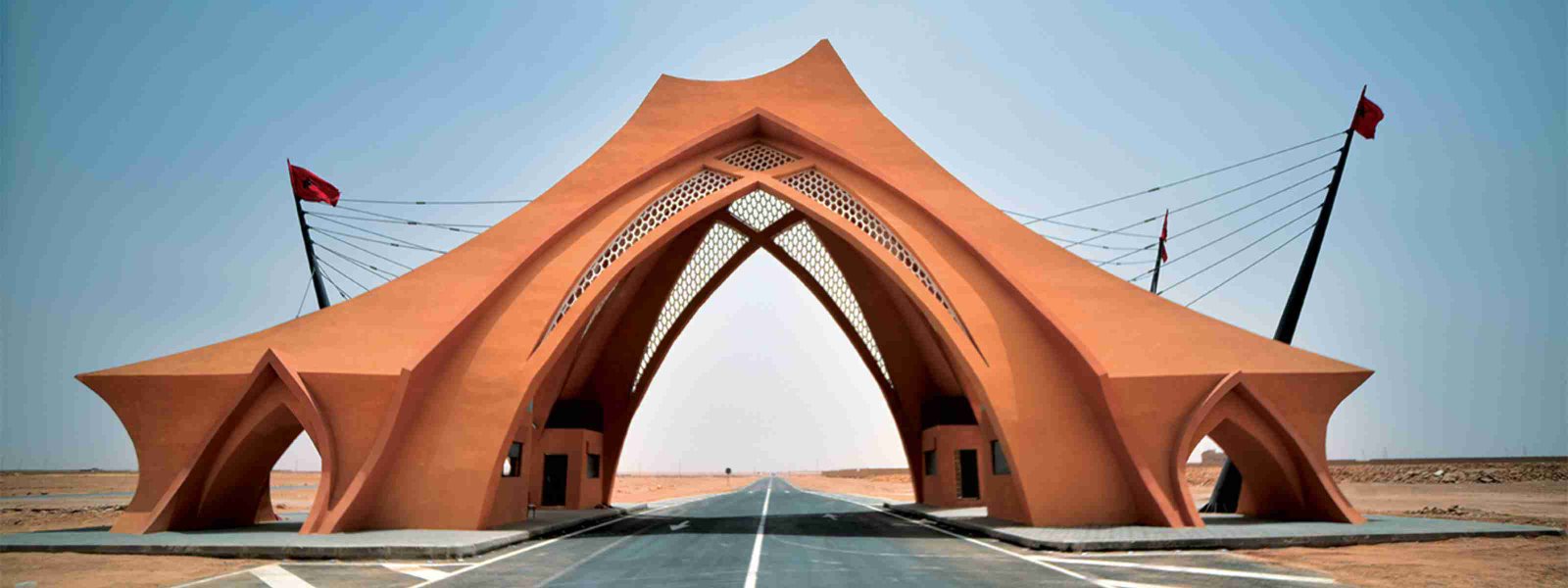
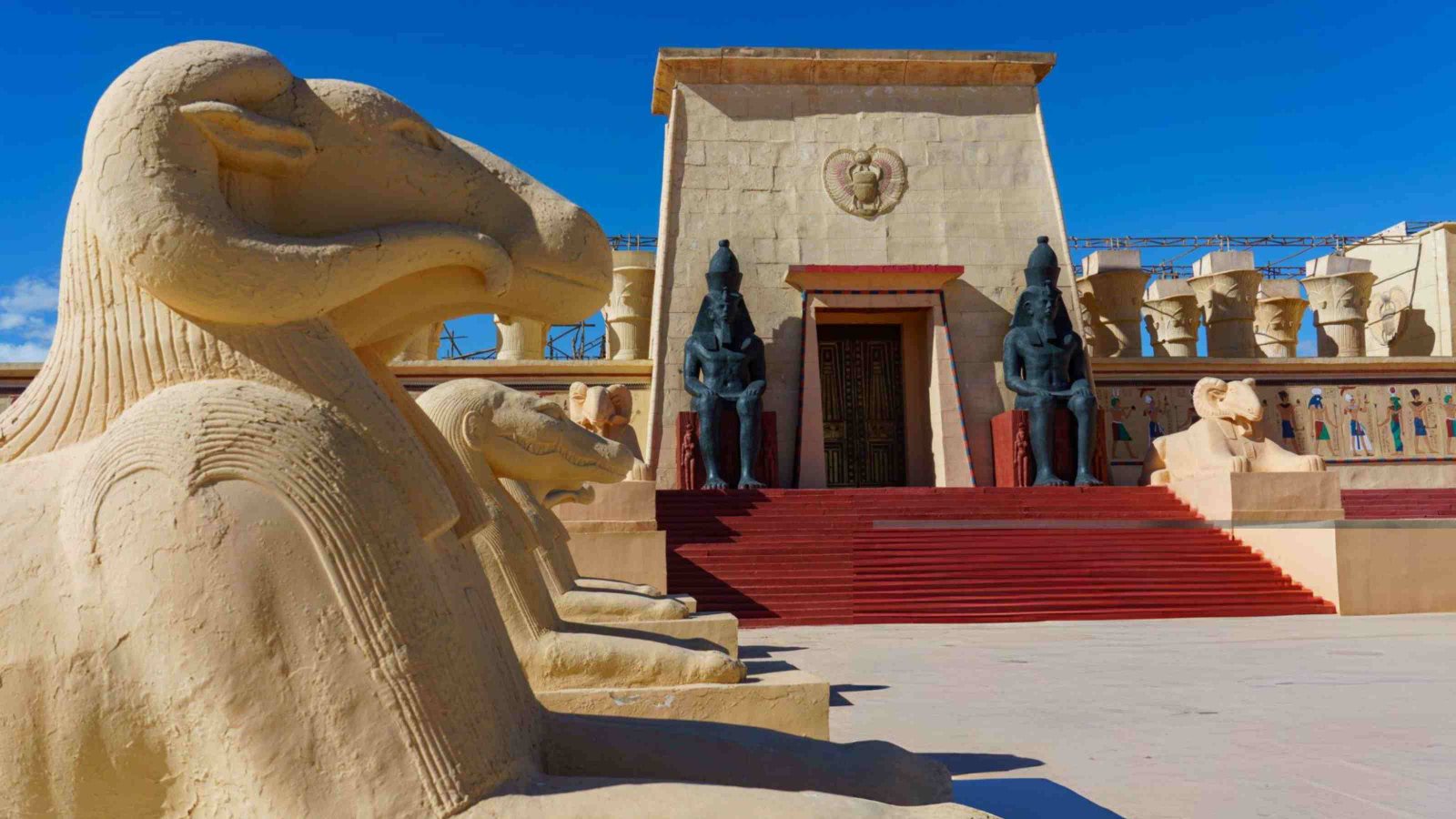
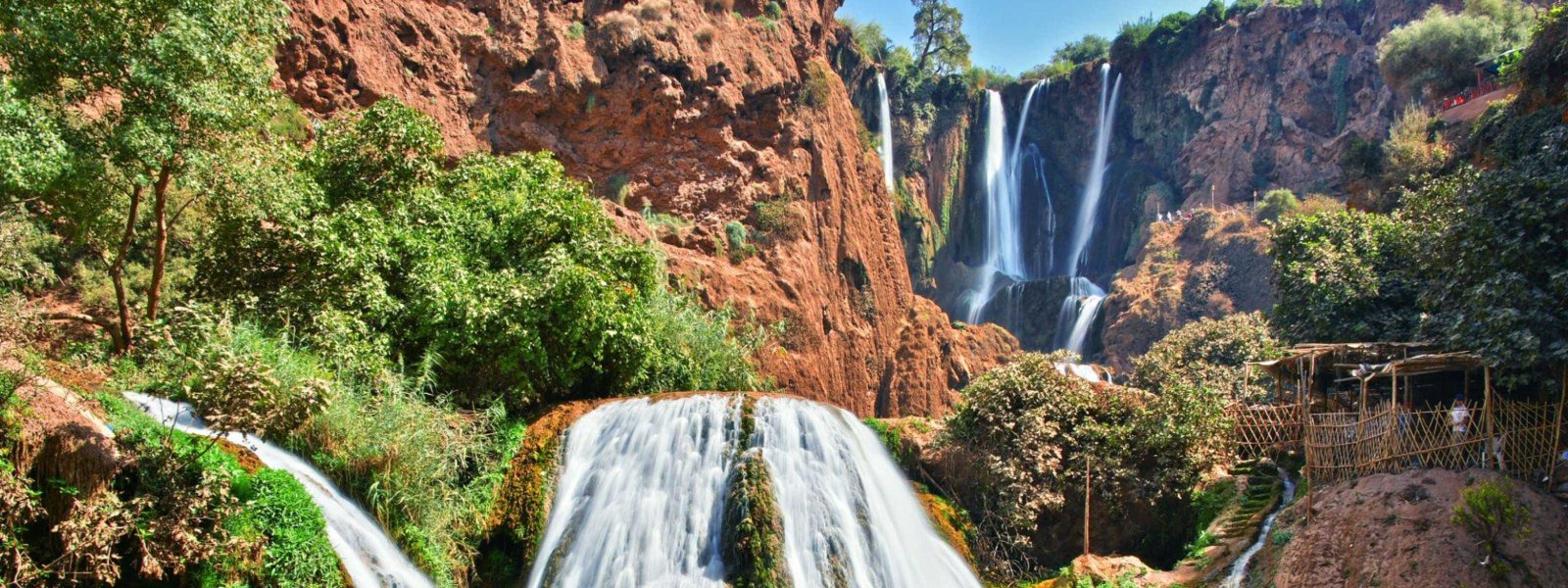
Discover Morocco's
FAQ - Frequently Asked Questions
"Yallah" is an Arabic word meaning "Let's go!" or "Hurry up!"—it’s often heard in everyday conversations across Morocco. It's more than just a phrase; it's a cultural call to action, encouraging movement, enthusiasm, and community. Whether you're heading out to explore the medinas or joining a lively souk, "Yallah" is the heartbeat of Moroccan life. On Yallah Morocco, it symbolizes our invitation for you to embark on your journey through this enchanting country.
Morocco is a year-round destination, but the best time to visit depends on your preferences:
Morocco is full of breathtaking destinations. Here are a few unmissable highlights:
Morocco is considered one of the safest countries in Africa for tourists. However, like any destination, it’s important to stay vigilant in crowded places, especially in large markets or busy cities. Petty theft can occur, so keep an eye on your belongings. Always opt for official guides and transportation to ensure your journey is smooth and secure.
Visa requirements for Morocco depend on your nationality. Citizens of the European Union, the United States, Canada, and many other countries can visit Morocco visa-free for up to 90 days. We recommend checking with the nearest Moroccan embassy or consulate for the most current visa requirements specific to your nationality.
Morocco is a multilingual country. The official languages are Arabic and Amazigh (Berber). French is widely spoken, especially in business and government contexts, while English is becoming increasingly common in tourist areas. You’ll also find pockets of Spanish, particularly in northern Morocco near Tangier and Tetouan.
While Morocco is relatively liberal, it's respectful to dress modestly, especially when visiting religious sites or rural areas. For men, lightweight pants and shirts are ideal, while women may opt for loose-fitting clothing that covers the shoulders and knees. Comfortable shoes are essential for exploring the medinas and walking tours. In the desert or mountains, bring a hat, sunglasses, and layers for cooler evenings.
Absolutely! Visiting the Sahara Desert is one of the most magical experiences in Morocco. Popular entry points include Merzouga and Zagora, where you can arrange camel treks, 4x4 excursions, and even overnight stays in luxury desert camps. Expect golden sand dunes, breathtaking sunsets, and starlit skies. We recommend bringing sunscreen, a hat, and plenty of water.
Definitely! Moroccan cuisine is a feast for the senses. Traditional dishes include:
The official currency is the Moroccan Dirham (MAD). It’s best to have some cash on hand, especially in rural areas or smaller markets where card payments may not be accepted. ATMs are widely available in cities and tourist destinations, and credit cards are commonly used in hotels, larger restaurants, and shops.
Adding {{itemName}} to cart
Added {{itemName}} to cart